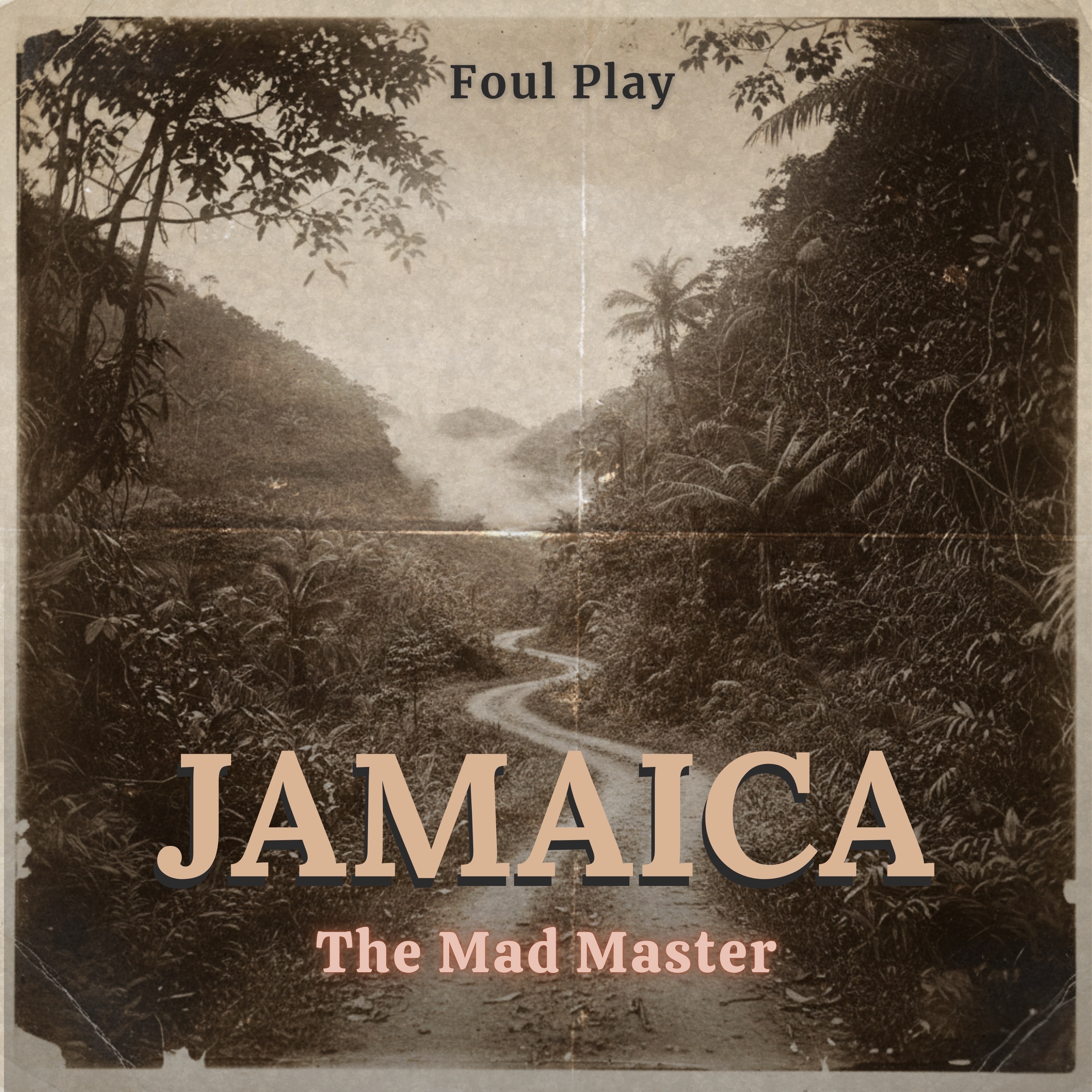Podcast Episode Details
Back to Podcast Episodes
Jamaica: The Mad Master of Edinburgh Castle
Season 36 Episode 3
What drives a man from Scottish grace to Caribbean bloodshed, turning sun-drenched hills into a killing field, cloaking murdero
Episode 3 of 6 | Season 36: Serial Killers in History
Lewis Hutchinson's reign of terror from Edinburgh Castle in colonial Jamaica reveals how one man's twisted hospitality became a death trap for unsuspecting travelers in 1768.
In 1768, Lewis Hutchinson was a well-respected Scottish planter living atop a strategic hill in St. Anne Parish, Jamaica. Edinburgh Castle, as he named his estate, overlooked the main road connecting Spanish Town to the northern coast—a route regularly traveled by wealthy merchants, plantation owners, and ordinary colonists. To his neighbors, Hutchinson appeared the model of colonial success: educated, prosperous, and charming. Behind his genial hospitality, however, lurked a calculating predator who would become Jamaica's first documented serial killer. Hutchinson didn't kill for profit alone—he savored the hunt, collecting his victims' belongings like trophies and displaying them throughout his home as macabre mementos of murder.
The Mad Master case represents a crucial turning point in Caribbean colonial justice. Hutchinson's ability to continue killing for years despite mounting suspicions exposed catastrophic failures in the colonial law enforcement system, particularly regarding missing persons from lower social classes. His crimes forced British authorities to establish new protocols for investigating disappearances and coordinating efforts across parish boundaries throughout the Caribbean colonies. The case also revealed how a person of means and social standing could literally get away with murder in a society deeply divided by class and race. Today, Hutchinson's story serves as a chilling reminder of how privilege and isolation can shield even the most heinous criminals—and how vulnerable travelers were in the lawless reaches of colonial territories.
Lewis Hutchinson arrived in Jamaica during the mid-1760s with respectable credentials and enough capital to purchase Edinburgh Castle, a strategic property overlooking the winding mountain road through St. Anne Parish. He quickly established himself among the planter class, hosting elaborate dinners and presenting himself as a model colonist. But Hutchinson had transformed his home into a killing ground. He modified the house with disguised gunports and constructed underground chambers ostensibly for storage—spaces that would later serve as dungeons for victims he chose to torture before killing.
His method was brutally efficient: Hutchinson would invite weary travelers to rest at Edinburgh Castle, offering refreshment and shelter. Some he shot from his battlements as they passed on the road below, their bodies tumbling into ravines. Others accepted his hospitality only to be imprisoned in his underground cells, shackled and tortured before being murdered. One survivor, John Callendar, later testified about the horror of those dungeons—the dampness, the rats, the screams of other prisoners echoing off stone walls. Hutchinson disposed of bodies in a nearby cave system, creating what locals would later call "Hutchinson's Hole."
The investigation began slowly. Colonial authorities initially dismissed reports of missing travelers, assuming they had simply moved on or fallen victim to common robbery. But as disappearances mounted—and whispers spread among enslaved workers forced to witness Hutchinson's crimes—pressure grew to investigate. When searchers finally examined Edinburgh Castle, they discovered a chamber of horrors: victims' clothing displayed like hunting trophies, jewelry from murdered travelers, and the entrance to the cave containing dozens of skeletal remains. Hutchinson fled toward Port Royal, attempting to board a ship to Scotland, but was recognized and arrested before he could escape.
His trial at Spanish Town lasted four days and captivated
Published on 4 months, 2 weeks ago